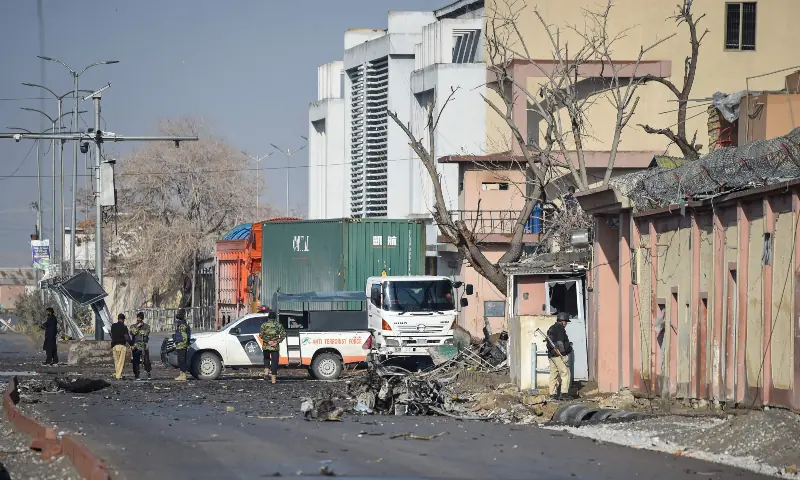Secretary of State Marco Rubio says Washington is revoking all visas held by South Sudanese passport holders, accusing the African nation’s government of not accepting the repatriation of its nationals and “taking advantage of the United States”.
“Every country must accept the return of its citizens in a timely manner when another country, including the United States, seeks to remove them,” Rubio said in a statement on Saturday. “South Sudan’s transitional government has failed to fully respect this principle.”
Rubio added the US would also “prevent further issuance to prevent entry into the United States by South Sudanese passport holders”.
It was the first such measure singling out all passport holders from a particular country since President Donald Trump returned to the White House on January 20, having campaigned on an anti-immigration platform.
South Sudanese nationals had been granted “temporary protected status” (TPS) by the administration of Trump’s predecessor Joe Biden, with the designation set to expire on May 3 this year.
The US grants TPS, which shields people against deportation, to foreign citizens who cannot safely return home because of war, natural disasters or other “extraordinary” conditions.
Washington “will be prepared to review these actions when South Sudan is in full cooperation”, Rubio said.
Also See: ‘Khartoum Is Free’ Says Sudan Army Chief al-Burhan
South Sudan violence
Recent violence between government troops and armed opposition groups has escalated tensions in South Sudan. Some observers fear a renewal of the civil war that killed 400,000 people between 2013 and 2018.
United Nations Secretary-General Antonio Guterres last week urged regional and international leaders to prevent South Sudan from falling “over the abyss” into another civil war.
Guterres warned that the world’s newest and one of its poorest countries is facing “a security emergency” with intensifying clashes and a “political upheaval”.
Rising tensions between President Salva Kiir and Vice President Riek Machar culminated in the latter’s arrest last month. His party said the arrest collapsed a power-sharing 2018 peace deal that ended years of fighting.
The UN reported clashes between forces loyal to Kiir and Machar outside the capital, Juba.
This news is sourced from Al Jazeera and is intended for informational purposes only.

![US revokes visas for South Sudanese passport holders amid deportation row; rising violence sparks civil war fears. [Image via Getty Images/File]](https://southasiatimes.org/wp-content/uploads/2025/04/GettyImages-1266429167-1743925627.webp)




